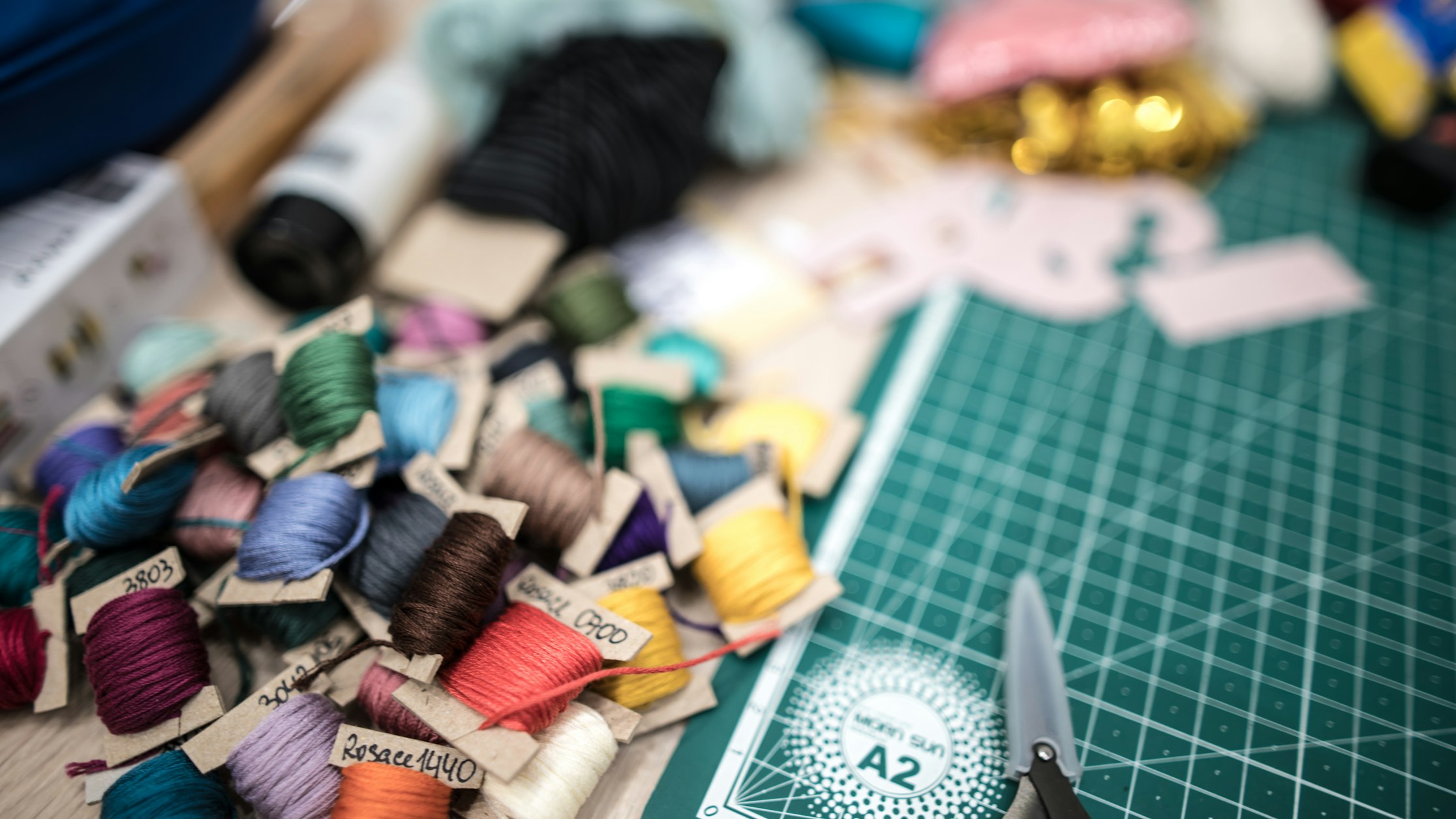Fashion consumption today is characterized, among other things, by its speed. Fast fashion, based on the trends presented on international catwalks, implies a practically continuous consumption of fashion that demands the maximum from the production chains and often sacrifices the quality and ethics under which the garments are made.
Knowing the raw materials and the conditions under which these materials are worked is a consumer demand that has put much of the sector in check, especially the large multinational fashion companies with affordable prices.
Zara, Mango, Massimo Dutti, Marks & Spencer, and G Star Raw are some of the companies that have already implemented measures to improve the traceability of fashion garments so that consumers can know in detail the processes of the logistics chain that involve the garments they are considering buying.
Small and costly changes are gradually transforming the textile industry into a more sustainable model so that there comes a time when our consumption does not affect negatively, or at least not in such a devastating way, the environment, economy and people of these underdeveloped countries.
A change, as Fashion United says in its article on the traceability of fashion garments, which will continue to require a great effort on the part of conscious consumers and responsible brands.
The Introduction of Digital Product Passports
The European Union wants to facilitate consumers to buy more environmentally friendly products and to promote circular business models via a new package of laws that will be part of the European Green Pact proposals.
The EU’s proposed digital product passport will allow for storing the most important data of the production of a product, as well as its traceability and necessary information in case it needs to be repaired. Likewise, these will also help the consumer to know a little more about the process of manufacturing the products and their environmental impact.
Chloé’s Launch of Digital Product Identification
In response, Chloé presented its "Chloé Vertical" project at the start of the spring/summer 2023 collection. For this purpose, the brand developed a digital ID system with technology partner EON for each product in the Chloé Vertical Capsule Collection, which can be scanned with a smartphone through the label.
This allows users to track the path of their product from the field to the finished piece. They also gain access to a certificate of ownership that allows direct resale through Vestiaire Collective, as well as detailed information on product care and repair.
Three product categories are currently planned for this first launch: handbags, shoes, and ready-to-wear. Chloé's suppliers and manufacturers were involved in every step of the project. Thanks to this collaboration, the fashion house was able to understand the entire supply chain and production process for each individual product in the Chloé Vertical Capsule.
The project still only includes the Chloé Vertical Capsule, and by 2025 all of the brand's products must be equipped with a digital product ID. In a press release, the brand stated that the consistent use of a digital ID will play a key role in accelerating the business model change required in the fashion industry.

The B Corp fashion house holds a plethora of sustainable certifications, including Fair Trade Certified, Leather Working Group, and the Global Recycled Standard, to name a few.
Enabling Traceability in the Supply Chain
With the launch of digital product identification, the company is pursuing three main objectives: guarantee authenticity, traceability, and ease of care and repair. A dedicated Chloé Vertical page allows customers to learn about the entire manufacturing process, find care and repair instructions, and retrieve their Certificate of Authenticity with a unique ownership number. Through this section of the certificate, customers will have access to a link that will facilitate the future resale of the pre-owned product directly through Vestiaire Collective. Chloé's exclusive pilot with Vestiaire Collective will launch in the U.S., Europe, and the U.K. for a one-year period.
Through the project, the brand hopes to empower Chloé customers around the world to make more informed decisions about the transparency, traceability, and circularity of our products. Chloé will also share the methods used in this project through its open-source initiative, which hopefully will inspire widespread adoption of these principles across the industry.
